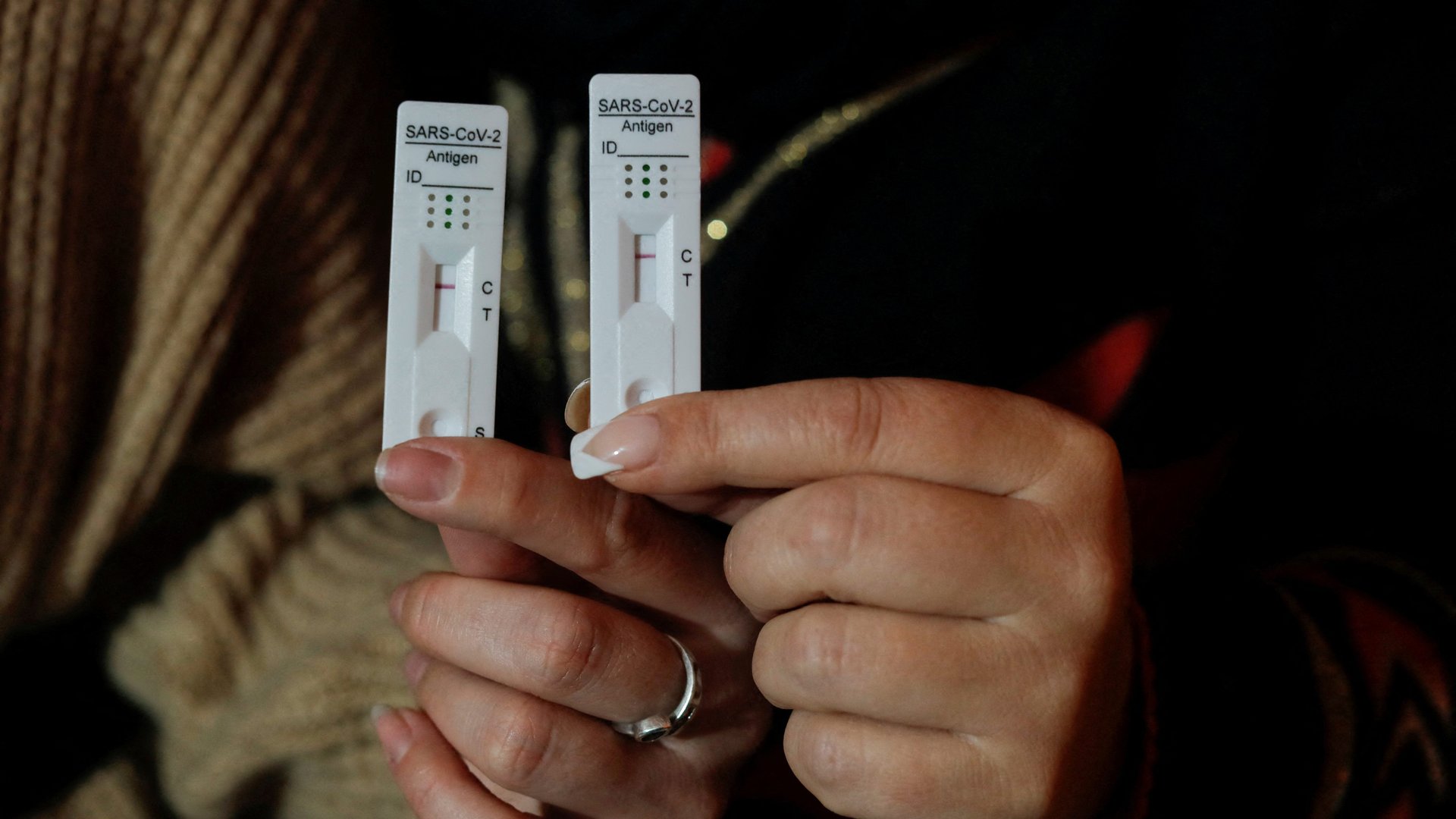New CDC guidance confusing you? Ask our chatbot if you only need a five day quarantine
Assessing risk has always been difficult during the pandemic, but the rapid spread of the omicron variant has made it even more difficult. On Dec. 27, the US Centers for Disease Control and Prevention (CDC) released updated guidance on how long people should quarantine if they have been exposed to someone who tested positive for covid-19, reducing that time from 10 days to five days.


Assessing risk has always been difficult during the pandemic, but the rapid spread of the omicron variant has made it even more difficult. On Dec. 27, the US Centers for Disease Control and Prevention (CDC) released updated guidance on how long people should quarantine if they have been exposed to someone who tested positive for covid-19, reducing that time from 10 days to five days.
Guidelines for increasingly specific groups of people are good. It means the blunt instrument of government-mandated lockdowns won’t be necessary (we hope). But it also makes individuals responsible to follow recommendations that can be confusing and contradictory.
That’s why we made this chatbot. It can help you parse through the difficult public health advice and get to the steps you need to take to keep yourself, your loved ones, and vulnerable strangers safe.
Vaccines are the best protection against the omicron variant
A quick note before you get started: Vaccines are still your best protection against covid-19. This chatbot assumes that it’s been at least two weeks since your second dose of the Moderna or Pfizer, or since your one dose of the Johnson & Johnson vaccine (Sinovac and AstraZeneca vaccines are not approved in the US, but two weeks after the second dose of those shots is considered fully vaccinated in other countries). If it’s been at least six months since your last dose of Moderna or Pfizer or two months since you received J&J, the CDC also recommends getting a booster; the bot doesn’t assume you’ve gotten one, but if you’re eligible, preliminary data suggests boosters stand up well against omicron (for Sinovac and AstraZeneca, please consult your country’s public health agency for booster guidelines).